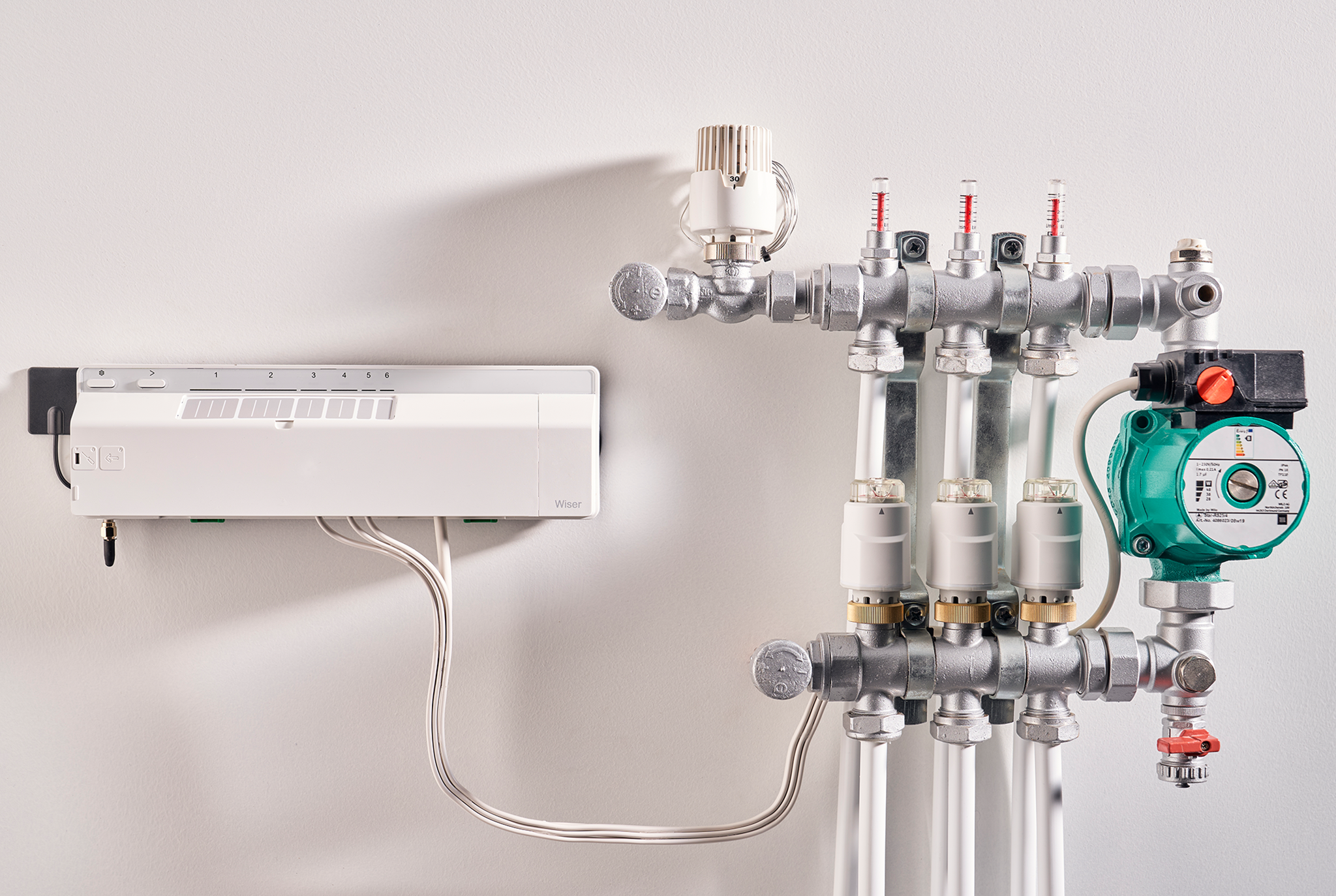n the wake of the pandemic, an overwhelming number of people chose to work from home or adopt a hybrid working model. Many predicted this trend would become the new norm, but recent data points to an unexpected twist — a growing number of workers returning to the office.
While lots of us still have the choice to work from home or work from office, it seems that the rising cost of living is pushing more people to choose the office for the potential savings on energy bills.
But does it really pay to pack up the home office and commute to work again?
The Rising Costs of Working From Home
It’s no secret that the more time you spend at home, the higher your home’s energy bills will be. According to Uswitch, remote workers use a staggering 75% more gas per day over the winter months and 25% more electricity compared to their colleagues who commute into the office five days a week.
Besides the obvious heating needs, home workers will consume energy to make lunches, brew cups of tea, and power their home office equipment such as computers, radios, TVs, and phone chargers.
Home workers also tend to use other home appliances like washing machines, dishwashers and tumble dryers more often, as it’s easy to sneak in a load of washing between Zoom calls.
Interestingly, research from MoneySupermarket.com indicates that as many as 14% of the workforce in the UK are planning to spend more time in the office to cut back on their rising energy bills.
Can Office Working Save Money on Energy Bills?
While you can expect to see your home’s energy bills fall if you start commuting into the office more often, it’s important to consider the other costs associated with office work.
Rail commuting in England and Wales saw a surge in ticket prices as the Department for Transport announced a 3.8% hike, adding over £100 to the average cost of an annual ticket.
While commuting by train may cancel out the benefit of any savings on energy bills, the fuel cost has reduced from the record highs earlier this summer — so driving to work may work out to be a more economical choice.
Other expenses, like daily coffee, breakfast, lunch or occasional post-work drinks, might add up, so weighing these against the increased energy bills of working from home is essential.
Save Money on Energy Bills With Wiser
As we navigate the evolving world of employment and the cost-of-living crisis, deciding whether to work from home or work from office will be influenced not just by convenience and productivity but also by the tangible impact on our energy bills.
Whether you're saving money on energy bills by working more from the office or still mostly enjoying the comforts of home, Wiser can help you get the most out of your home’s energy consumption.
Remote workers can save money on energy bills by using multi-room heating to heat only their home office. Office workers can also benefit from smart heating, as they can program heating to activate just in time for their return or utilise geofencing to set their kettle to boil as they arrive, ready for that soothing cup of tea after a day's work.
To get started with Wiser, find the right smart home product for you here.







